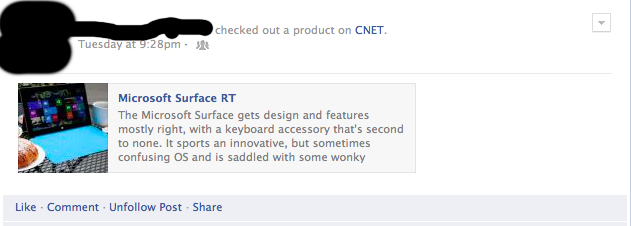It is a great week to work at Facebook. The company’s stock closed at an all time high of $23.23, and the world’s youngest billionaire was able to add $2 billion to his pocket. A few weeks ago, I wrote about how Facebook and Google are fighting for control of the web. Now that it seems to have figured out how to monetize its mobile user base, Facebook seems to be well on the way of winning the battle. I also wrote about how Facebook is so ubiquitous, it is not going away anytime soon. In fact, I read an article a few days back that even parents take disciplining to Facebook. It is not so hard to imagine that pretty soon, Facebook will be everywhere. However, consider the implications of that statement for a moment. As fun, addictive, and ubiquitous as Facebook is, it is not ready to rule the web. Facebook is like this young teenager who is being groomed to take over his father’s company one day, which is fitting considering how young the CEO is. In some ways, it is fresh and innovative; in others, it is rash and dangerous. Unless Facebook undergoes a radical change anytime soon, I for one do not wish to live in the world dominated by Facebook.
The amount of information Facebook has on us is ridiculous. When we first signed up for Facebook, we gave up our names, birthday, relationship status, and interests, to name a few. As we continue using Facebook, Facebook’s data on us grows. It knows exactly what kind of sports we like, which of our friends are close friends, and what we look like. To prove my point, allow me to present a website, “Take This Lollipop.” Try this at your own risks.
To make matters worse, starting last year, Facebook developed a new tool that would allow any websites to create “Facebook app” that would link the users right back to Facebook. I did not know how powerful this was until yesterday, when a friend of mine suddenly “liked” my activity on CNet. My first reaction was, “What activity?” Turns out, when I played the video review of the new Microsoft Surface, CNet automatically sent that data back to Facebook that I “checked out” the tablet. To make this even creepier, I never even connected my CNet account to my Facebook account. Facebook, I have a reputation to keep. You can’t go around telling people that I checked out a Microsoft product. In all seriousness, remember that as of now, Facebook is not nearly at its full potential. Imagine how much more Facebook will know about us when it is truly everywhere.
Facebook’s massive data on us is not nearly as scary as how tactless Facebook is in using it. Facebook needs to learn to respect its users. True, when we signed up for Facebook, we agreed to its privacy policy (assuming anyone actually reads it). Technically, Facebook can do whatever it wants with our data. However, there are certain moral obligations that Facebook must uphold. Quoting an analogy from my class discussions, even though we users know what we are getting into by jumping on the Facebook train, Facebook needs to respect us enough to give us the chance to get off. In fact, Facebook has been going in the very opposite direction. It is virtually impossible to delete anything that has been posted to Facebook. Facebook also has a habit of rolling out new features without giving users much of a choice to opt out. The news feed and timeline are prime examples of this. Like a teenager, we can never know what Facebook will do with a loaded gun in its hands. This is not the kind of character fit to dominate the Internet; Facebook must learn that moral obligations are different and just as important, if not more, than legal obligations.
Two weeks back, I wrote about measures one can take to create a firewall between Facebook and the rest of the Internet. However, if and when Facebook becomes the sole dominant entity on the Internet, it will be impossible to prevent Facebook from spying on us. As it is now, we have no idea nor can we expect a certain decency as to how Facebook uses our information. Any form of monopoly is bad; one by Facebook is a nightmare. Facebook needs to grow up, for all of our sakes.
